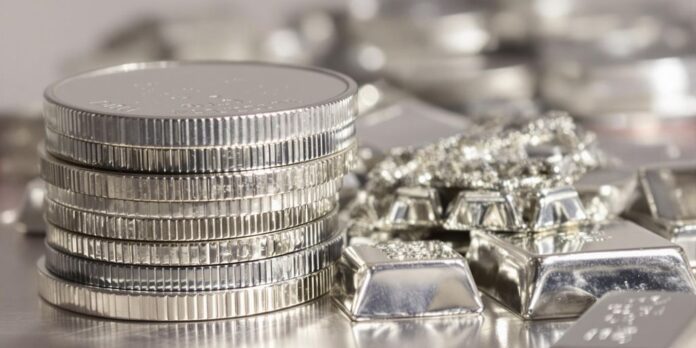Silver Holding Rules: Along with gold, another asset class, silver, is also in the news in the investment world. This is because it offers excellent returns. In 2025, silver surpassed gold in terms of returns. Let’s explore how much silver you can hold and its tax rules.
Tax on Silver: In India, gold and silver are a means of investment and wealth preservation. Many people keep gold and silver in their homes for financial security and traditional values. They store it safely by purchasing silver jewelry, coins, or other forms. However, like gold, there are some important considerations when storing silver. Silver is being discussed a lot these days. This is because silver has delivered higher returns than gold in recent years. This year, silver has delivered returns of over 80%.
High returns have increased demand for silver among investors. In India, silver is considered a preferred investment and wealth preservation method. Many people keep it at home for personal and financial reasons. There is a certain limit on gold storage, but are there any similar requirements for silver? Let’s find out.
How much silver can you keep at home?
Like gold, there is no limit under the Income Tax Act, 1961 on the amount of silver you can keep (such as coins, jewelry, utensils, etc.). If the silver is legally purchased or inherited, there is no restriction. Tax is levied only when you sell the silver and make capital gains. Tax is levied only on the sale or when hidden assets are discovered. In India, you can keep any amount of silver at home. Unlike gold, there is no limit on the amount you can keep at home. Whether it’s coins or jewelry, you can keep as much silver as you wish.
But if you have a large amount of silver, it’s best to keep proof of purchase (a bill or receipt). If you purchased silver from a jeweler, dealer, or online platform, be sure to keep the original bill. These documents can serve as a safeguard against future inspections by the Income Tax Department.
How much is the tax on silver earnings?
Tax rules on silver depend on whether you purchased physical silver (such as jewelry, coins, bars) or invested in a silver ETF or silver mutual fund, and how long you held it. Therefore, it’s important to understand the tax rules so you can make informed investment decisions.
Tax on Silver
If you sell silver jewelry or coins before 24 months, the profit will be considered short-term capital gains (STCG). Tax will be payable according to your income tax slab rate. However, if you hold silver for more than 24 months, it will be considered long-term capital gains (LTCG). If silver was purchased on or after July 23, 2024, it will be taxed at 12.5% and will not receive indexation benefits. Silver purchased before July 23, 2024, will be taxed with 20% long-term capital gains indexation.
Tax on Silver Jewelry, Biscuits, and Coins
The value of silver (bars, coins, or jewelry) is subject to a 3% GST, while the making charges for jewelry are subject to a 5% GST.
Income Tax Rules on Rent : If you pay rent in cash, beware! You may be served a notice.




